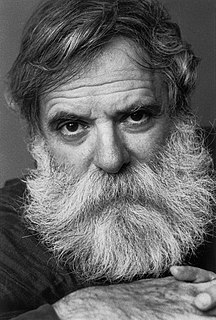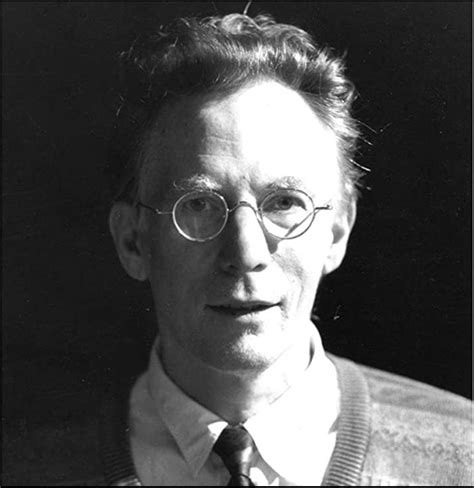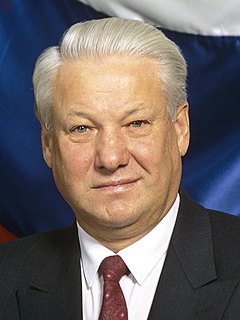A Quote by Fred D'Aguiar
Because I write intuitively and image-by-image and moment-by-moment, my writing has to be powered by feelings and emotions.
Related Quotes
Polaroid material has the most beautiful quality - the colors on one side, but then the magic moment in witnessing the image to appear. The time stands still and the act of watching the image develop can be shared with the people around you. In the fast world of today it's nice to slow down for a moment. At the same time Polaroid slows time, it also captures a moment which becomes the past so instantly that the decay of time is even more apparent - it gives the image a certain sentimentality or melancholy.
In 1966, while working on a feature about a Picasso exhibition at the Tel Aviv Museum of Art, I recorded the pre-opening preparations and observed a moment: One of the cleaners stopped, puzzled, in front of the Picassos. I think that this is an image that can be universally understood, but with a grain of salt. I never chose this image in edits before because it seemed to me that it felt posed-the composition was a little too perfect. But, believe me, it was a lucky moment.
The lover of photography is fascinated both by the instant and by the past. The moment captured in the image is of near-zero duration and is located in a ever-receding then. At the same time, the spectator's now, the moment of looking at the image, has no fixed duration. It can be extended as long as fascination lasts and endlessly reiterated as long as curiosity returns.
But beneath it all will run that Sicilian understanding that the underside of joy is grief, that the face of sacrifice and suffering is the dark mirror image of pleasure and enjoyment, that every moment of arrival is to be treasured and enjoyed in the full knowledge that it has brought us a moment closer to the moment of departure.
God says "This is what I would love you to be, but I am not going to constrain you. I want it to be your choice." And it is a fantastic thing because even at the moment when I am making the choice to reject God, I would depend from moment to moment, you know that beautiful image of God creating by breathing God's breath into this lump of clay, making it a human being.
... But all the feelings that evoke in us the joy or the misfortune of a real person are only produced in us through the intermediary of an image of that joy or that misfortune; the ingeniousness of the first novelist was in understanding that, in the apparatus of our emotions, since the image is the only essential element, the simplification which consists of purely and simply suppressing the factual characters is a definitive improvement.







































